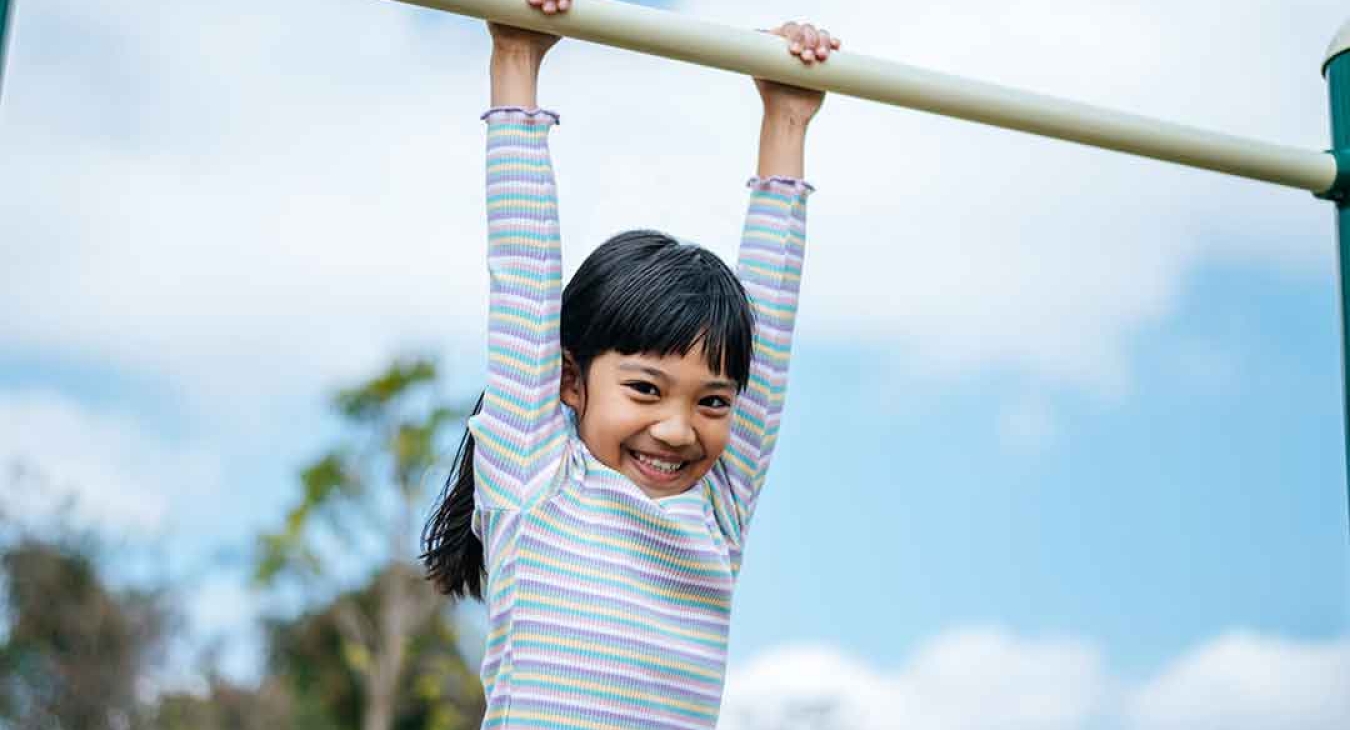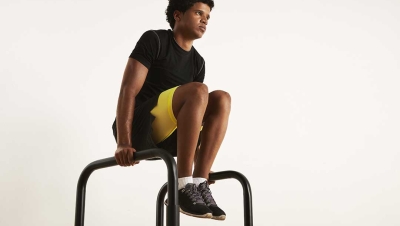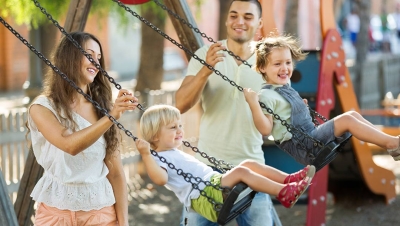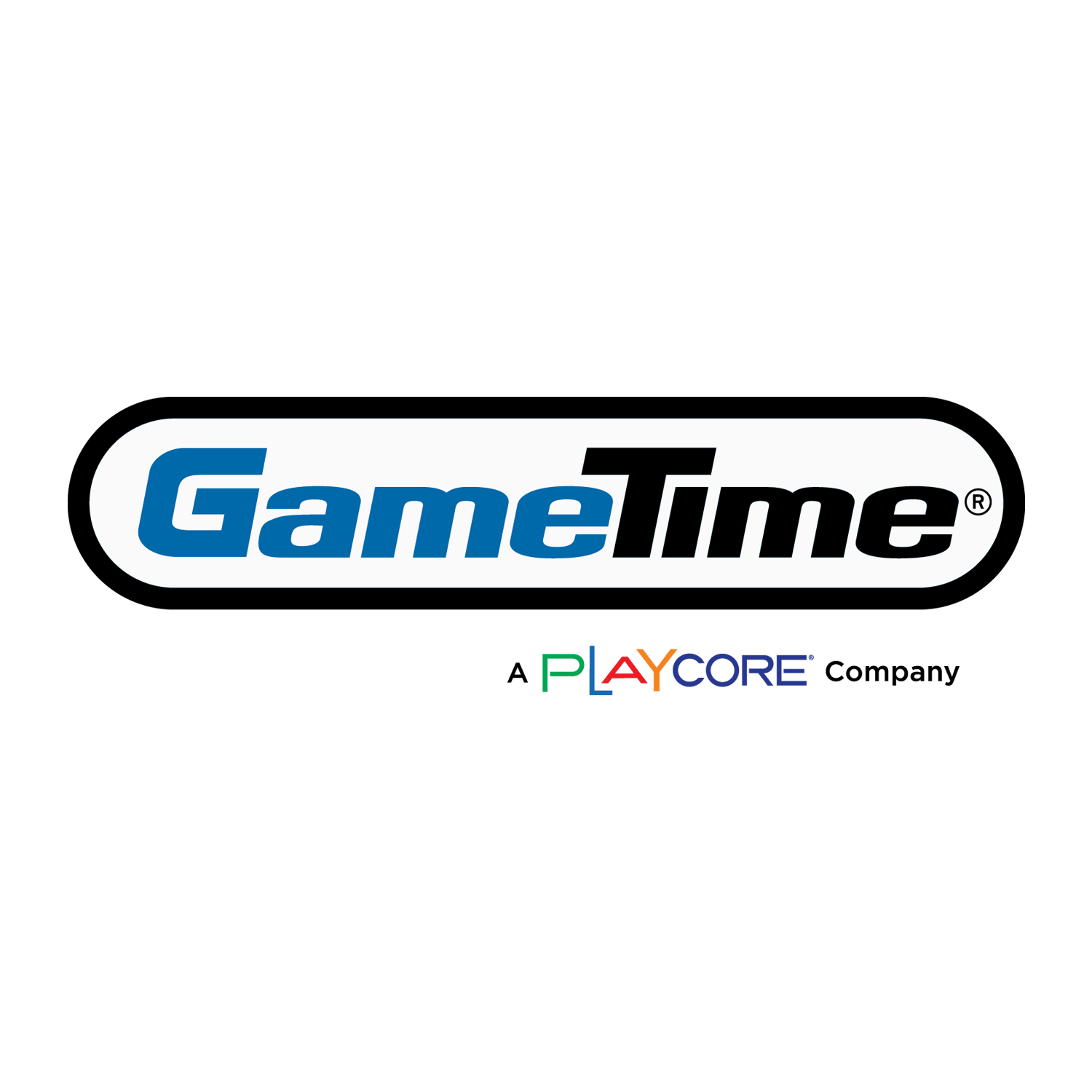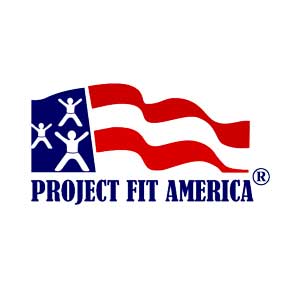How to Teach Your Children About Self Care and Fitness
The concept of self-care is widely preached and rarely practiced. Very few people understand the power of self-care to our personal health and in our relationships with others. In the present age and time, people tend to pay too much attention to everything and everyone else but themselves. Self-care borders around accepting yourself, loving yourself, and making progress despite any obstacle. It is expedient that self-care practices should be taught to children. Learning self-care at a tender age will help them develop healthy habits as they transcend into adolescence and adulthood. This article explains five different ways that you can teach self-care to your children.
-
Begin from the scratch
To teach your children self-care habits, you need to begin with the littlest things. Show them how to have their bath and brush their teeth. Teach them the importance of healthy meals over junk. These habits become an integral part of the children that they can hardly leave it no matter what happens. Engage them in house chores like doing the dishes, preparing meals, washing hands, and so on.
-
Build their body?
Another way to teach your children to take care of themselves is to introduce them to exercise. Embracing physical fitness is a vital aspect of self-care. Your body and mind need to stay healthy. Exercise helps you to stay active and alert. Certain studies have also revealed that regular exercise could lead to a better night’s sleep. You don’t have to make them lift weights. Exercising for children could mean something like dancing to one of their favorite tunes. You could also take them for walks or enroll them in a sports team. These are physical activities that benefit the body and keep them healthy. As they grow older, you can create a home gym where they can work out from home. Your home gym can have equipment like dumbbells, stationary bikes, trampoline, and so on.
-
Develop the mind
Many children these days are always glued to the screen. They spend time watching TV, playing games on mobile phones and computers. These activities can tend to affect them when they get older. Also, reduce the time that they spend with toys and other distracting activities. Introduce them to books. Let them cultivate the habit of reading right from infancy. It is no news that readers become leaders and the secrets of life are hidden in books. Help the children connect with their inner self and find a purpose. Yoga, Tai Chi, Taekwando, etc are some very powerful activities that can develop mindfulness, insight, and awareness. These activities can also help them develop tolerance in uncomfortable situations. These are necessary things that will be needed to navigate the stormy path of life.
-
Encourage breaks
Your children have a lot to benefit from taking breaks when performing any activity. These breaks just allow them to unplug from whatever they have going on and refresh their energy for a while. Schools understand why it is important for people to unplug. This is why they allow students to go on a break every day in the middle of classes. Children can spend their break sitting on a chair, taking a walk, stretching, and so on. If it is late, you can also sing or read to them.
-
Empathize with them
As you teach your children self-care habits, they will not accept everything that you teach them. There are some of these activities that will take time for the children to catch up with. There are others that these kids won’t like at all. As apartments, it is important for you to study your children’s response to the self-care habits that they are taught. Teach them each of these strategies one after the other so that they can find out the one that works best for them. Remember that self-care means you should take care of yourself first. Hence, while teaching your children, do not fail to cater for your personal and emotional needs too.
Teaching your kids self-care habits is never a waste of time. It will help them deal with stress and develop a healthy body and mind. Run through each of the methods that were cited in the article and watch your children become a blessing to society. In the words of Katrina Mayer, loving one’s self is a manifestation of sanity, not vanity.



